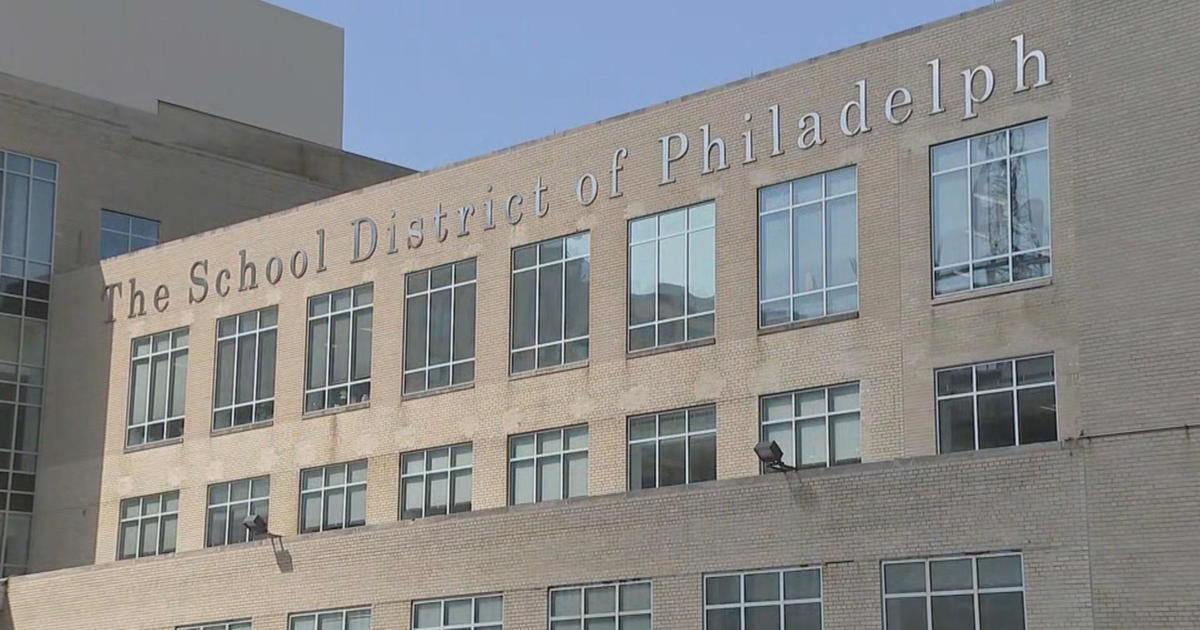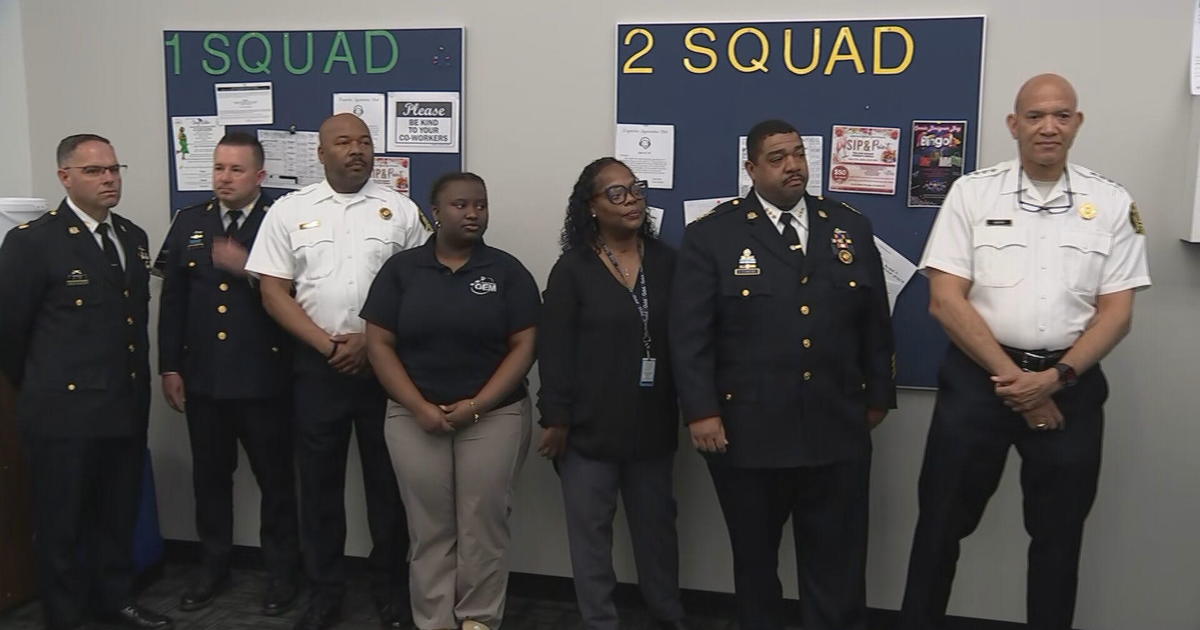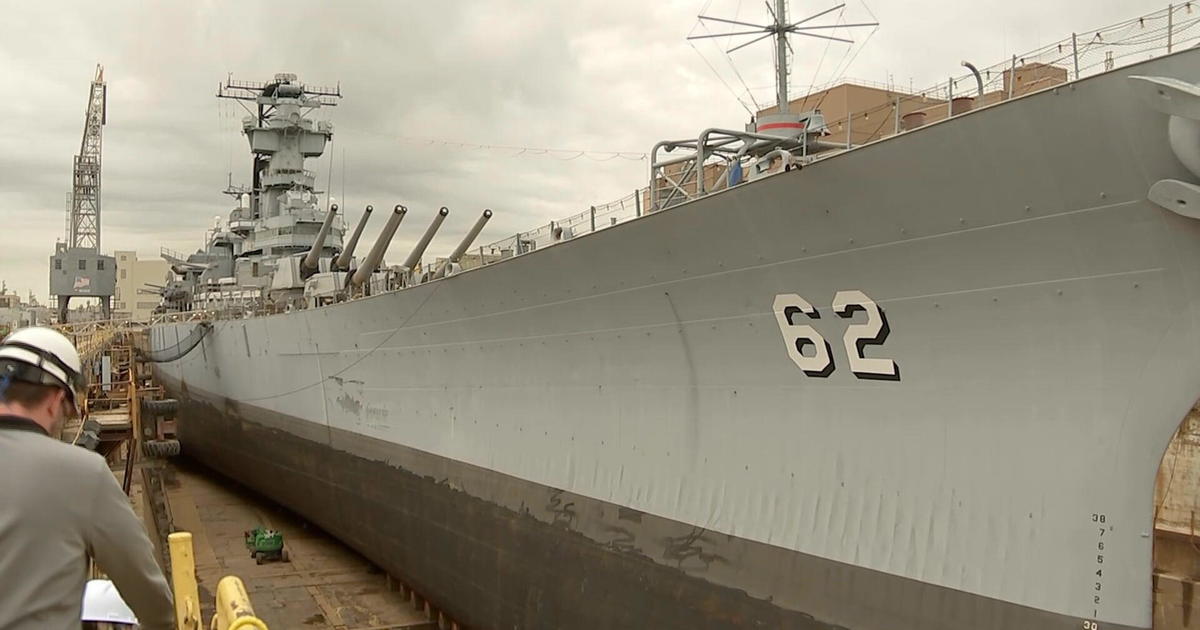Kenney Expected To Push For Property Tax Hike In Proposed Budget
PHILADELPHIA (CBS) -- Philadelphia Mayor Jim Kenney is expected to propose a six percent property tax increase when he presents his fiscal year 2019 budget to city council Thursday morning.
The entire increase would go to fund the School District of Philadelphia, which is projecting a $900 million deficit in the next five years.
"We want to bring financial stability to the district," said finance director Rob Dubow in a briefing before the budget address. "There was an enormous gap to fill and we needed to look for a variety of sources."
Dubow said increasing the tax rate from the current 1.399 percent to 1.483 percent would raise $475 million.
The rest of the new revenue would come from increasing the city's share of the realty transfer tax from 3.1 to 3.45 percent (the state collects an additional one percent) and slowing down scheduled reductions in the wage tax. The city would also increase its contribution from the general fund by $20 million a year.
"We tried to do it in a way that would, kind of, share the pain," he said.
The $4.69 billion spending plan also calls for increases in spending on police and firefighters, improving streets, workforce development, Community College of Philadelphia, addiction treatment and homelessness.
The plan is bound to face tough opposition in city council. Members would be running for re-election the year the increase kicks in, as would the mayor himself.
But Dubow says the administration does not have a fall back position.
"We think this is the plan that makes the most sense. We're obviously going to talk to council. If they have other ideas, we're happy to listen to them," he said.
But he also said it would not be realistic to count on the state to make up the deficit.
"We will continue to look for extra help from Harrisburg but we didn't think we could count on it," he said.
According to Dubow, the median home value in the city is $113,000 so the increase would add $95 a year to the average tax bill. With a homestead exemption, he said, the increase would be $70 but he said the mayor is also seeking an increase in the homestead exemption and, if that passes council, a $113,000 home would actually see a decrease in property taxes; taxes would increase on homes worth $200,000 or more.
The wage tax reductions will continue but will slow down so that the tax will go from the current 3.9 percent to 3.84, rather than the original target of 3.7. That is projected to save $340 million which will go to the school district.
The transfer tax increase is projected to generate an additional $66 million.
Budget director Anna Adams says 15 city departments made cuts totalling $26 million. Half of that amount came from savings on prisons. She said the departments did not make cuts that would impact services to residents.
She says the administration proposes spending increases for public safety, poverty alleviation and social services. Among them:
--- $100 million over five years to hire new police officers, to bring the staffing level to 6,525
-- $54 million over five years to hire new fire fighters, to bring the staffing level to 2,661 plus continued capital spending on new equipment
--additional money for the streets department to make safety improvements and to resurface 131 miles of roadway a year
-- an additional $1.5 million for Community College of Philadelphia to help it keep tuition low
--$2.5 million for foreclosure prevention
-- $2.2 million annually for respite slots and housing vouchers for homeless people and $1 million for day services at the "Hub of Hope in suburban station
-- additional distribution of overdose-reversing Naloxone
The budget also revises revenue expected from the sweetened beverage tax from $92 million to $78 million-- the amount actually collected in the tax's first year.
Adams says the city will cut back the number of community schools from 25 to 20, by fiscal year 2023, and borrow less for the Rebuild program to renovate city facilities. All spending has been delayed by a soda industry lawsuit challenging the tax but she says the city believes the litigation will be resolved in its favor so it has budgeted additional community schools and pre-K seats beginning in 2020 and expanding over three years.
"We've already been able to provide access to pre-K and community schools to thousands of children who would not have had that access without this tax," said Dubow. "So we think it's been a success."



